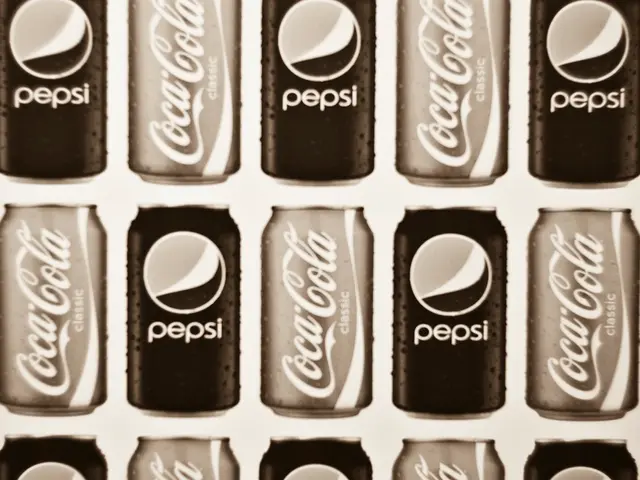Luxury spending and travel expenditures decline among Russians: examining the reasons behind their cost-cutting habits
In a recent poll conducted by KP, it was revealed that a significant portion of respondents are cutting back on their spending, particularly in luxury items, cafes and restaurants, travel and entertainment, and other non-essential goods and services.
The trend of decreased spending on luxury items and branded goods is primarily due to a combination of economic uncertainty, shifting consumer values, and social factors. According to the poll, 79% of respondents save on luxury items, 41% on electronics and gadgets, and 20% on clothing and footwear. This shift is not unique to KP's poll, as global luxury sales are facing their biggest decline in 15 years, influenced by factors such as economic upheavals, geopolitical tensions, currency fluctuations, and financial market volatility.
Beyond macroeconomics, generational shifts also play a crucial role. Younger generations like Gen Z and millennials are redefining luxury, placing greater emphasis on diversity, sustainability, creativity, and broader notions beyond traditional prestige logos. This results in a market transformation rather than a wholesale rejection, where traditional categories are cooling and brands that champion these new values are gaining traction.
The poll also showed that 49% of respondents save on vacations and travel, 54% on eating out at cafes and restaurants, and 26% on beauty services. Interestingly, people are least willing to save on water and electricity usage, and medication.
The concerns expressed by luxury brands like Giorgio Armani, Christian Louboutin, Domenico Dolce, and Stefano Gabbana are not unfounded, as first-half sales of fashion houses like Gucci, Dior, and Louis Vuitton have dropped by 7-15%.
However, saving is not just about cutting back on luxuries. Reasonable saving is a good approach to managing household finances, where people plan their expenses and avoid buying unnecessary or excessive items. This approach was echoed by Dr. Alexander Safonov, a professor at the Financial University under the Government of Russia, who stated that in challenging economic conditions, families first cut back on non-essential goods and services.
Family psychologist Anna Devyatka also noted that the era of glossy social media is over, and people are focusing on real values like family and relationships. She explained that people are saving on travel due to expensive package offers abroad and the difficulty in organizing independent trips.
The poll was conducted among KP readers on social media, with 10,100 people participating and multiple answers allowed. It's worth noting that 44% of respondents save on entertainment and leisure, and 3% save on utilities. Additionally, 8% of respondents save on medicine and medical services.
In conclusion, the global shift in consumer spending is a response to economic uncertainties, social shifts, changing consumer values, and generational redefinitions of luxury. This trend is reshaping luxury consumption patterns, producing a notable decline in traditional luxury purchases amidst a more cautious and value-conscious consumer base.
Personal-finance management is a growing concern for many, as revealed by the KP poll where a significant number of respondents are cutting back on non-essential goods and services, including luxury items, electronics, and gadgets, clothing and footwear, and travel expenses. This shift towards saving is also seen in the lifestyle choices of younger generations like Gen Z and millennials, who are redefining luxury to prioritize diversity, sustainability, creativity, and broader values beyond traditional prestige logos.






